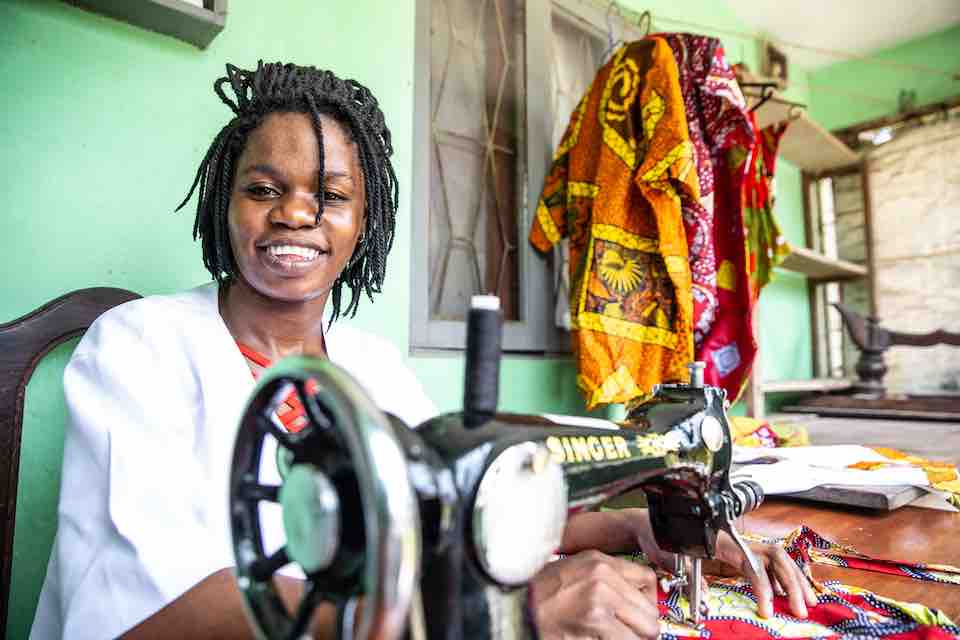After having implemented the same project in Nacala, Nampula province, ADPP Mozambique has recently launched in Maputo, the project "Girls Inspire" whose objective is to improve the skills and livelihoods of 800 girls and young women, of which 500 girls attend school and 300 young women are outside of the National Education System. This is a group of women aged between 15 and 30, living in the neighborhoods of T3, Patrice Lumumba and São Damaso.

The project is funded by the Commonwealth Of Learning and lasts for 6 and a half months.
According to Ester Novela, Project Coordinator, this initiative will train the women and girls beneficiaries so that their decision-making skills, and ability to negotiate and renegotiate competitively are strengthened.
"This project will also establish partnerships with employers and connect the beneficiaries to financial services, in addition to trainings on entrepreneurship and on gender-based violence" - explains Ester Novela
It is hoped that through the project, the marginalized communities of Maputo - including girls, women and people with disabilities through this project will live a life with greater gender equality, empowerment and better education and livelihoods - she added.
Girls Inspire is a Commonwealth of Learning (COL) project to provide schooling and skills training to some of the world's most vulnerable and hard-to-reach girls, harnessing the power of Open Distance Learning to end the cycle of poverty and to address other barriers that impede girls' economic participation.
The vision of the project is to create enabling conditions for sustainable livelihoods for women and girls that will break the cycle of Early and Forced Girlhood Unions. This vision is based on a Theory of Change, according to which quality gender-sensitive education is a powerful tool to end Early and Forced Girlhood Unions.
Data points out that girls with schooling have a significantly higher age at marriage compared to girls without schooling. Open schooling that has no age barrier can provide a second chance for women and girls who want to compete in their education. Through open schools, technical and vocational education programs can make an important contribution to creating sustainable livelihoods for many young women and girls.

